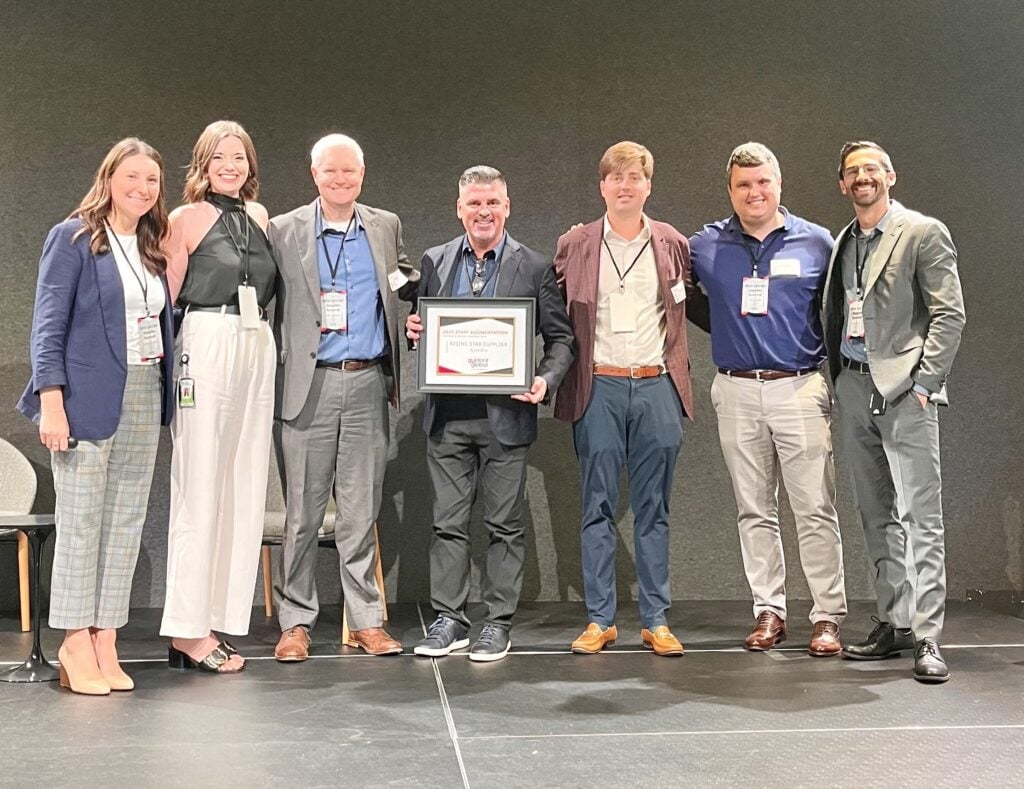
In Defense of Recruiters
By Guest Blogger: Pete Cochrane
Posted with Permissions from PR'UF

Hi, I’m Pete Cochrane and I’m a recruiter. Not a headhunter. Not a placement agency, not a résumé coach. A recruiter.
I’ve spent the better half of ten years trying to shake negative perceptions, both inside and outside the industry. For anyone who’s been in the business as long as I have, the term “headhunter” makes your stomach turn, regardless of who’s using it, be it a hiring manager, candidate, or retired Uncle that visits every other Christmas. Regardless of how I introduce myself I always receive the same quizzical glance, followed by “….So you’re a headhunter”. Sigh.
I asked myself this past holiday season, “What’s so wrong with being a recruiter…or even being in the staffing industry at all?” The industry serves a purpose and serves people, correct? Recruiters help people find jobs that fit their skill sets, provide payroll and other optional benefits, coach applicants through the interview process, even defend and support candidates however they can.
No doubt some recruiters fulfill these difficult tasks more than others…What has happened to all the good recruiters? Have poor recruiters ruined the reputation of the industry as a whole? In part this may be true, but I believe the fault lies not solely with recruiters, but also with the system. For the most part, recruiters are products of their own environment, an environment of very aggressive numbers. The industry, on average, expects recruiters to make 150 calls, ten submits, two interviews, and one hire – per week. By default, recruiters are trained to think in “numbers”: x amount of calls…leads to so many submits…equals a handful of interviews…hopefully resulting in a start or two. While recruiters are perceived to be working with people, more often they’re answering to numbers. No wonder the industry has a 45% turnover rate.
Take this “numbers environment” and add to it the size and variety of requisitions recruiters are asked to work. A technical recruiter can be handed a requisition for an AIX Administrator and five minutes later be handed another for a Senior Ruby on Rails Developer. Those in the tech industry will understand the very different skills sets and backgrounds required by these two postings. Nonetheless, a technical recruiter must be familiar with each position to at least carry on a conversation with a prospective candidate. In fact, he or she should know enough to qualify the résumé in the first place to even warrant the call.
Years ago, recruiters were viewed as candidates’ agents. In most cases, recruiters were even more technical than the individuals applying to the job. Recruiters had nothing more than their intuition, feet, landline, and maybe, just maybe, a computer, pre-Internet. There were no sites like Monster, CareerBuilder, LinkedIn, etc. Without the web and social media, it was more difficult to find talent.
Fast forward to today. Technology at our very fingertips – iPad, iPhone, Android, etc. Professional sites emerging, growing, and creating the illusion that hiring isn’t as difficult as it might seem. While sites today make it easier to find talent, they unfortunately have reduced candidates’ profiles and accomplishments to buzzwords and keywords. Hiring managers and recruiters may not find the best match, but at least they can find a poor match instantly. Technology has made it easier for recruiters to access candidates. Inevitably we have more recruiters and a mass commodity on our hands. In other words, we may have created the very environment that has made recruiters what they are today.
Let’s put some perspective on this, shall we? To quote a good friend of mine, “Tell me how I will be judged and that’s how I’m going to act.” Or, as the old saying goes, “You have to know the rules to play the game.” Changing the system, the judgment, the game just might change the recruiter.
I’d like to challenge the industry in 2011. If you’re a recruiter, insist on different rules. If you employ a recruiter, change the game. You’ll both win in the end. Turn off the Monsters, the Careerbuilders, and other distractions. Keep the numbers environment mentality if you must, but focus on different numbers – success rates, years with a company, etc. – judgments of quality, not quantity. Even for one month. Just four weeks. Go back to the age of meeting someone, carrying on a genuine conversation, focusing on something other than tallies of calls and submissions. Concentrate on meeting talent, learning what talent means, building communities, and understanding at least the basics of what drives a candidate’s talent. No matter how technically savvy you might be, why not leverage a network of technical experts to fill in any gaps or at least get the shorthand on emerging trends? The current system is a disservice to you – why buy into it?
For those of you who have already shrugged the system, who are placing employees in a creative environment rather than an environment of misleading numbers, I tip my hat to you. For the rest, why not join us?


